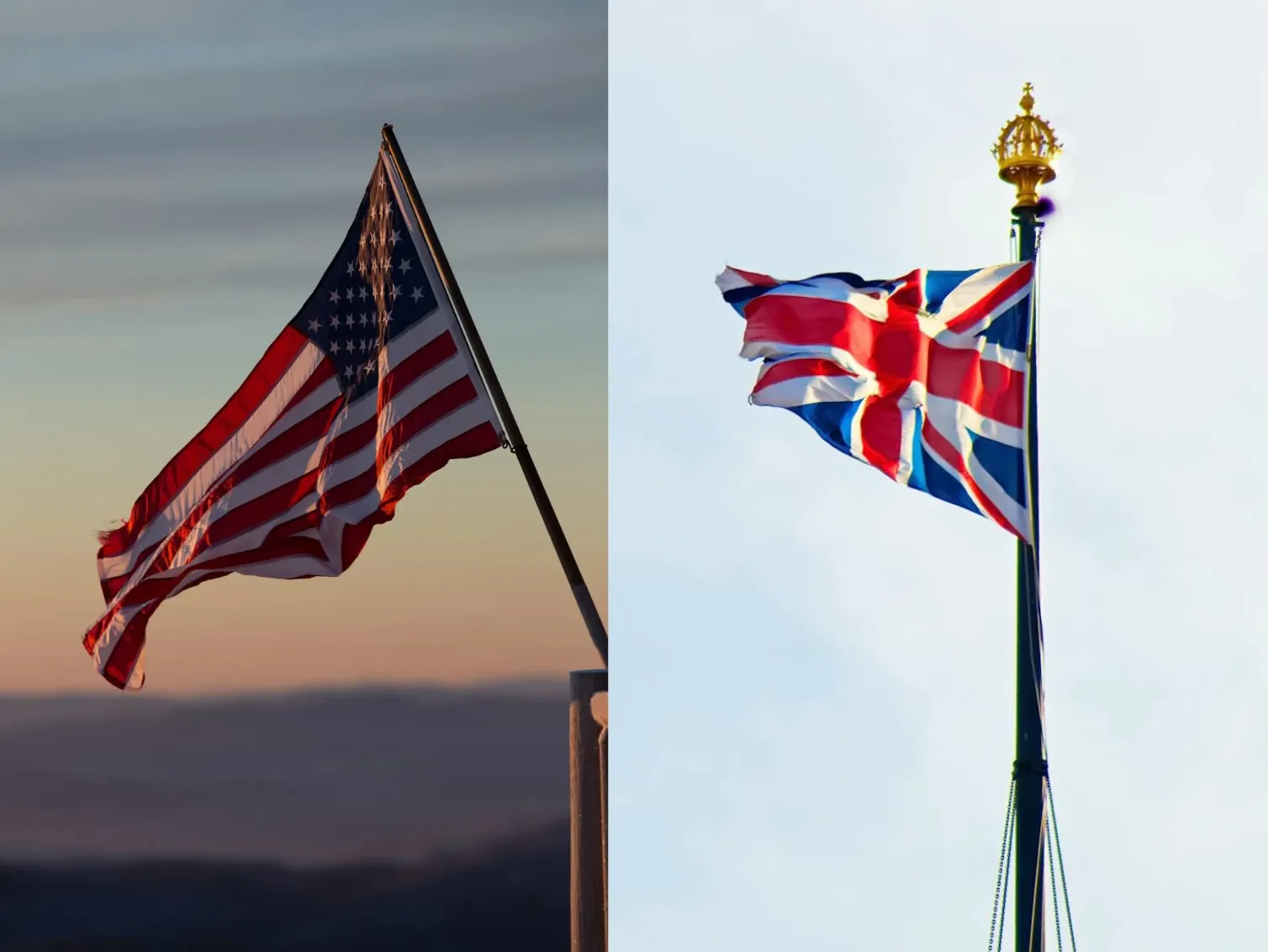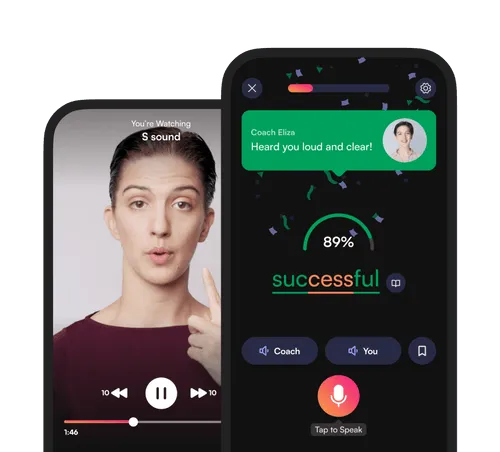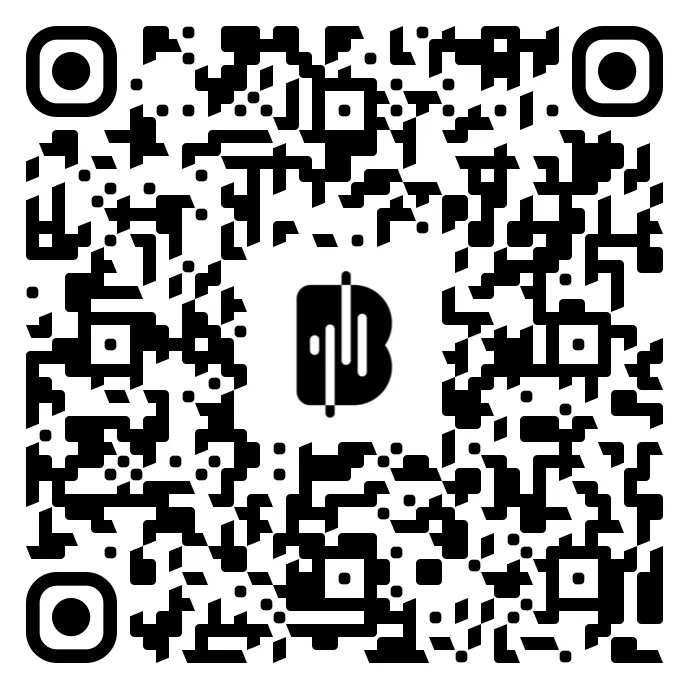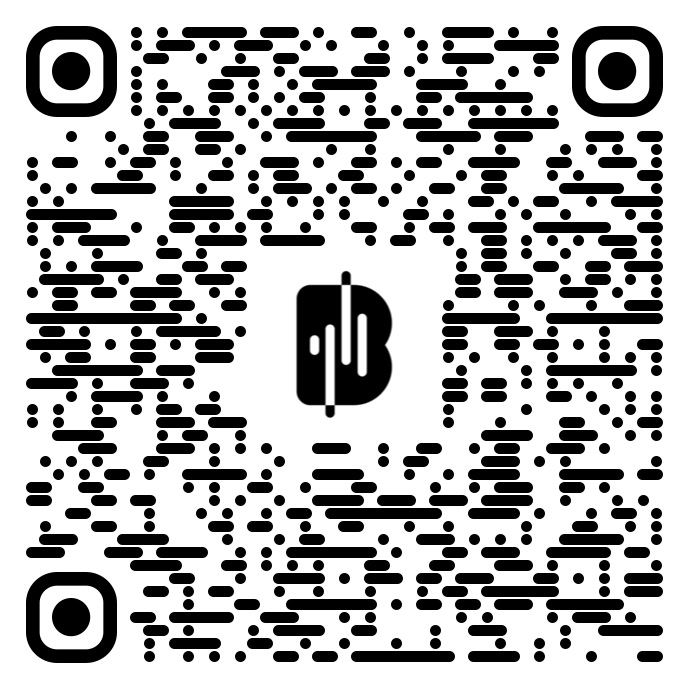Slang and local terms add humor and deeper meanings to communication. They are often unique to a particular group of people, adding authenticity to the nuances of a language or culture.
This is why the British and American English languages, albeit similar in grammar and formal writing (although featuring different accents ), may have their own unique slang and local words.
Understanding the contexts of these terms and knowing how to leverage them will help build stronger relationships with native speakers. As you advance in this article, you’ll learn 50 unique British vs. American words and slang.
1. Lorry vs. Truck Both words refer to large vehicles used for transporting goods. However, "lorry" is predominantly used in British English, while "truck" is used more often in American English.
2. Flat vs. Apartment In British English, "flat" typically refers to an apartment or residence that occupies a single floor within a building. However, you'll generally find that those who use the General American accent opt to say "apartment" instead.
3. Nappy vs. Diaper A "diaper" or "nappy" is an absorbent garment babies wear to catch excrement.
In the USA people use the term "diaper," whereas folks in the UK would naturally say "nappy."
Take your free accent assessment Get to know your pronunciation level and get 7 days of lessons for free on the BoldVoice app.
Start Free Trial
4. Holiday vs. Vacation Have you ever wondered whether to use the term holiday or vacation to describe the time you spend away from work for leisure? Well, they both mean the same thing and sometimes people tend to use both interchangeably.
Although, generally speaking, it is called a "vacation" in the United States and a "holiday" in Britain.
These words also share the same EY sound, which can be tricky to make for non-native English speakers. Check out a close up view of BoldVoice Coach Ron Carlos demonstrating this sound:
VIDEO
5. Bonnet vs. Hood A typical American would use the word "hood" to describe the hinged cover over the engine compartment of a car. In the United Kingdom, however, it is called a "bonnet."
6. Knackered vs. Exhausted If you find yourself extremely tired while in Britain you might say "I'm absolutely knackered." In the United States, however, you'd fit in more if you said that you were "exhausted" or even "beat" to describe a similar feeling of fatigue.
7. Barrister vs. Attorney In legal terms , these British vs American words describe a type of lawyer who specializes in courtroom advocacy.
On the one hand, "barrister" is used more in the UK, while "lawyer" or "attorney" is more common in the US.
8. Jumper vs. Sweater
Jumpers are knitted garments worn on the upper body for warmth in the cold.
In the UK, it is common to hear people call it a "jumper" but Americans would call it a "sweater" instead.
9. Torch vs. Flashlight A "flashlight" or "torch," as the case may be, is a handheld portable electric light source.
Americans often adopt the former when describing this tool in everyday conversation, while the British would use the latter.
10. Trousers vs. Pants Non-native English speakers sometimes think that "pants" are a certain kind of "trousers" (or vice versa) when, in reality, they both refer to the same thing.
Any garment covering the waist to the ankles with a separate section for each leg is called "pants" in the US and "trousers" in the UK. Be careful - the word "pants," when used in the UK, actually refers to underpants!
11. Rubber vs. Eraser Americans may find it strange to hear the British use the word "rubber" to describe what the Americans would call an "eraser."
Both terms describe a tool used for removing pencil marks or scribbles. Another note of caution - "rubber" in America is a slang term for condom!
12. Mobile vs. Cell Phone If you’re in the UK, people would most likely refer to your portable phone as a "mobile." But then, in America, this device is called a "cell phone."
13. Boot vs. Trunk The rear storage compartment of a car, in British English, is called a "boot," while in the US it's known as the "trunk."
14. Chips vs. French Fries "Fries" or "chips" are two British vs. American words that typically mean the same thing: strips of potato, deep-fried until crispy and often accompanied by ketchup or vinegar.
Be that as it may, contextually, the British say "chips" whereas Americans refer to them as "French fries" or just "fries."
Both these sounds make use of the CH sound, as demonstrated by Coach Ron below:
VIDEO
15. Fringe vs. Bangs When getting your hair done, do you request "bangs" or a "fringe?" Well, if you’re in the UK, you’d ask the hairstylist for a "fringe," and when you’re in America, you can call them "bangs."
16. Bin vs. Trash In British English, "bin" is the commonly used term for a container used to hold waste or garbage.
On the other hand, "trash" is the common American English word that refers to both the waste itself and the container used to hold it.
17. Trolley vs. Cart Shopping for groceries? In British English, you'd push a "trolley" down the aisles, while in American English, it's a "cart" that carries your goods.
18. Hoover vs. Vacuum
A "vacuum," in American English, is an appliance used for cleaning floors, as well as the verb to describe using the appliance.
In the UK, the word "hoover" is common for describing the act of vacuuming itself. It comes from the brand name Hoover!
19. Film vs. Movie In American English, the word "movie" commonly refers to a motion picture or film. However, in British English, the term "film’"is more frequently used to describe the same thing.
20. Loo/Toilet vs. Bathroom/Restroom In UK English, you could say you want to go to the "loo" or "toilet" when you need to relieve yourself. Americans tend to have a preference for the words "bathroom" or "restroom" to describe the same thing.
21. Zed vs. Zee Of course, the final letter of the alphabet is consistent between Britain and America, but the difference lies in the pronunciation.
In America, the letter "Z" is pronounced as "zee," and in British English, it is pronounced as "zed." Here's a review of the American pronunciation:
VIDEO
22. Biscuit vs. Cookie A sweet, circular baked treat, often containing chocolate chips or raisins, is called a "cookie" in America. In many areas in the UK, the term "biscuit" is used to describe the same dessert.
23. Chemist vs. Pharmacy These words represent a store where medicinal drugs are dispensed. "Chemist" is the British term, while Americans use "pharmacy."
Some of the slang words in this list can be challenging for non-native English speakers to pronounce. Practice these words on the BoldVoice app and receive instant pronunciation feedback!
Take your free accent assessment Get to know your pronunciation level and get 7 days of lessons for free on the BoldVoice app.
Start Free Trial
24. Cheers vs. Thanks "Cheers" in the UK is a versatile term used to express gratitude, agreement, or farewell. In the US, "thanks" is the standard expression for expressing gratitude, while "cheers" is more commonly reserved for toasting or celebratory occasions.
25. Mate vs. Buddy "Mate" is a friendly term for a friend or companion in the UK, often used to address someone informally. For example, "Thanks, mate!"
"Buddy" serves a similar purpose In the US, and is used to refer to a close friend or acquaintance.
26. Pavement vs. Sidewalk The paved part of a road for pedestrians is called the "pavement" in British English, while in the US, it's called the "sidewalk."
27. Tap vs. Faucet A "tap" is a device attached to a pipe that controls the flow of a liquid, usually water. In American English, the word "faucet" is used for this device.
28. Trolley vs. Shopping Cart The metal basket on wheels that you push around at the grocery store is referred to as a "trolley" in Britain, while it's more commonly known as a "shopping cart" in American English.
29. Football vs. Soccer The world's most popular sport goes by different names in the US and the UK. While Americans call it "soccer," the British prefer the term "football."
30. Lift vs. Elevator
An "elevator" or "lift" is a vertical transportation device found in buildings.
When communicating with an American audience, you might want to call it an "elevator." In the UK, the term "lift" is more prevalent.
31. Sweets vs. Candy Confectionery treats are commonly referred to as "candy" in the US and "sweets" in the UK.
32. Trainers vs. Sneakers When discussing running shoes, basketball shoes, or casual sneakers, they go by the names "trainers" in British English and "sneakers" in American English.
33. Underground vs. Subway Both "subway" in American English and "underground" in British English refer to underground railway systems for public transportation.
34. Petrol vs. Gasoline "Gasoline" or "gas" is an American word for a kind of fuel used to power vehicles. The British call this product "petrol."
35. Pub vs. Bar In both American and British English, "pub" and "bar" refer to establishments where alcoholic beverages are served.
While "pub" is recognized and used in American English in addition to "bar," the term "bar" is less common in British English. "Pub" originates as a shortened version of the term "public house."
Both make use of the B sound, as demonstrated by Coach Ron again:
VIDEO
36. Bill vs. Check The invoice presented at the end of a meal in a restaurant is commonly referred to as a "check" in the US and a "bill" in the UK.
"Check, please!"
37. Cafe vs. Diner "Diners" or "cafes" are casual eateries that serve simple meals.
If you’re describing this kind of restaurant in the US, you should call it a "diner" and in the UK, you can call it a "cafe."
38. Queue Jumper vs. Line Cutter "Queue jumper" in the UK refers to someone who cuts in line or skips ahead of others waiting in a queue.
In the US, "line cutter" would be used to describe a similar individual.
39. Bollocks vs. Nonsense The British exclaim "bollocks!" when dismissing something as nonsense or rubbish. Americans, on the other hand, simply say "nonsense" or "baloney" in similar contexts.
40. Uni vs. College
The word "uni" is a slang term in the UK for university or college. In the US, "college" is used to refer to institutions of higher education, or university, if you prefer.
41. Plonk vs. Cheap Wine "Plonk" is a British slang term that describes inexpensive or low-quality wine.
In the US, the terms "cheap wine" or "bottom-shelf wine" might be used to describe wine of similar quality.
42. You Lot vs. Y'all When addressing a group of people, Americans might use "y'all," which is a contraction of the words “you all” to encompass everyone. However, in the UK, the British prefer to say "you lot."
43. Telly vs. TV Television refers to a device or system for transmitting and receiving moving images and sound. This word is sometimes shortened to "telly" in British English or simply "TV" in American English slang.
44. Toff vs. Snob "Toff" is a British slang term for someone who is perceived as upper-class or aristocratic, and who exhibits an obnoxious sense of superiority.
In the US, "snob" is used to describe someone who looks down on others perceived as inferior in social status or taste. Both terms express essentially the same thing.
45. Cheesed Off vs. Bummed Out Feeling a bit down? In British English, you might be "cheesed off," while in American English, you'd say you're "bummed out" to express that same feeling of disappointment.
46. John Smith vs. John Doe Both "John Doe" and "John Smith" serve the same purpose of representing an anonymous or unidentified individual.
The former, however, is more prevalent in American English, and the latter is more common in British English.
47. Bob's Your Uncle vs. There You Go "Bob's your uncle" is a British idiom used to indicate that something is straightforward to accomplish. For example, "Just turn the knob, and Bob's your uncle!"
Alternatively, "there you go" is not necessarily an American idiom, but it serves a similar purpose.
Watch this clip below to hear Boris Johnson, the former prime minister of the United Kingdom, use the term "Bob’s your uncle":
48. Chinwag vs. Shoot the Breeze "Shoot the breeze" and "chinwag" are informal expressions used, respectively, in American and British English to refer to casual conversation or idle chatter.
49. Peng vs. Fire In describing something amazing, the British might say it's "peng," while Americans would declare it's "fire." Both terms capture the essence of excellence in their own unique ways.
50. Bugger Off vs. Hit the Road "Bugger off" is a direct and, in many cases, rude way of telling someone to leave in British English, while "hit the road" is a casual and neutral expression used to indicate leaving in American English.
Speak Confidently in American English with BoldVoice Regardless of the similarities in core vocabulary, writing, and speech, there is an undeniable uniqueness to both the American and British variants of English. The one way to master their nuances is by identifying their local vocabulary, pronunciations, idioms, and slang.
To learn more about the dynamics of British vs American words and slang terms, check out the BoldVoice App . BoldVoice is a resource bank that integrates both AI and teachings from real-life Hollywood coaches to develop tailored lessons that can help refine your overall speaking skills.
Ready to take your communication skills to the next level? Download the BoldVoice app for a free 7-day trial and expand your spoken English today.









